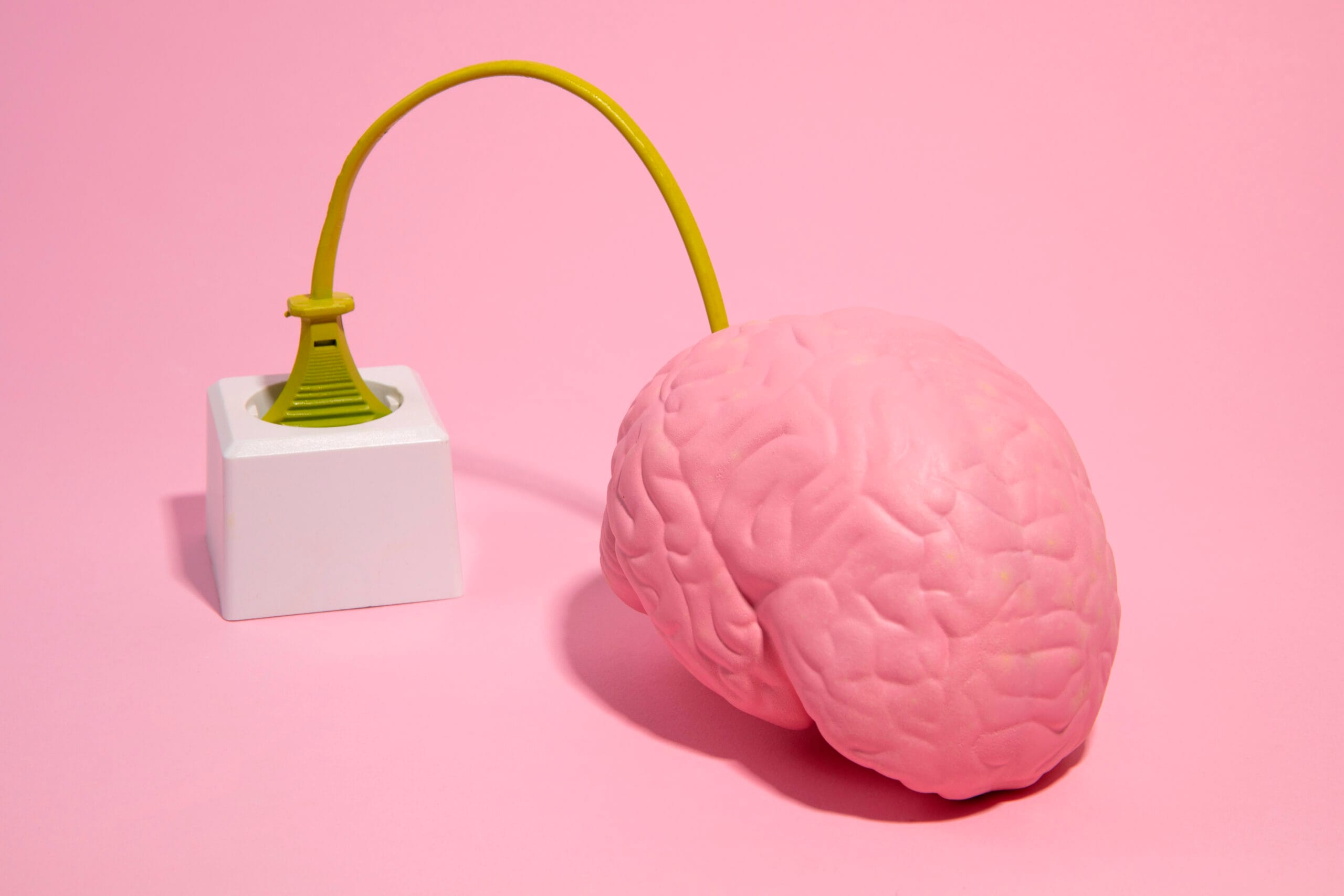The gut-brain axis refers to the bidirectional communication network linking the gut and brain. This communication involves neural pathways, chemical signalling, and microbial interactions, making it a complex and dynamic system.
Why is it important?
- Mood Regulation: The gut produces about 95% of the body’s serotonin, a neurotransmitter crucial for mood regulation. Imbalances in gut health can affect serotonin levels, potentially leading to mood disorders like depression and anxiety.
- Immune regulation: The gut is a major site for immune system activity. A healthy gut microbiome supports the immune system, while dysbiosis can lead to chronic inflammation, implicated in various diseases, including neurodegenerative disorders.
- Digestive Health: Proper communication along the gut-brain axis ensures efficient digestion and absorption of nutrients. Disruptions in this communication can lead to GI disorders.
- Metabolic Health: The gut microbiome helps in the metabolism of nutrients and drugs, affecting overall metabolic health. Poor gut health can lead to metabolic disorders like obesity and diabetes.
What can be done to support the gut-brain axis?
Nutrition:
- Probiotics: Consuming foods rich in probiotics, such as yogurt, kefir, sauerkraut, and other fermented foods, can help maintain a healthy diverse gut microbiota.
- Prebiotics: Foods high in prebiotics, like garlic, onions, bananas, and asparagus, feed beneficial gut bacteria.
- Fiber: A diet high in fibre supports gut health by promoting the growth of beneficial bacteria.
- Omega-3 Fatty Acids: Found in fatty fish, flaxseeds, and walnuts, omega-3s have anti-inflammatory properties that benefit both gut and brain health.
Lifestyle:
- Regular Exercise: Physical activity has been shown to positively affect gut microbiota diversity and overall gut health.
- Stress Management: Meditation, yoga and breathing exercises can reduce stress and its negative impacts on the gut-brain axis.
In summary, nurturing the gut-brain axis is key to overall well-being. Through understanding and leveraging the profound influence, the gut has on mood, immunity, digestion, and metabolism, individuals can make informed choices to support this vital connection. A balanced approach to nutrition, optimising a diet enriched with probiotics, prebiotics, fibre, and omega-3s, combined with lifestyle practices like regular exercise and effective stress management, offers a pathway to support both gut and brain health. Prioritising the gut-brain axis empowers individuals to lead healthier and more fulfilling lives.
Sources
- Mayer, E. A., Nance, K., & Chen, S. (2022). The Gut-Brain Axis. Annual review of medicine, 73, 439–453. https://doi.org/10.1146/annurev-med-042320-014032
- Margolis, K. G., Cryan, J. F., & Mayer, E. A. (2021). The Microbiota-Gut-Brain Axis: From Motility to Mood. Gastroenterology, 160(5), 1486–1501. https://doi.org/10.1053/j.gastro.2020.10.066
- Ribeiro, G., Ferri, A., Clarke, G., & Cryan, J. F. (2022). Diet and the microbiota – gut – brain-axis: a primer for clinical nutrition. Current opinion in clinical nutrition and metabolic care, 25(6), 443–450. https://doi.org/10.1097/MCO.0000000000000874






